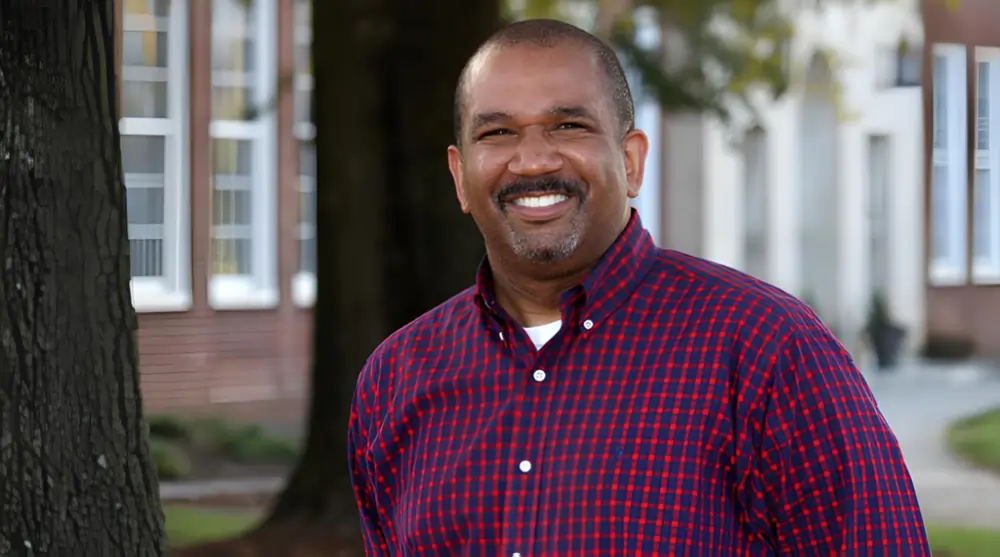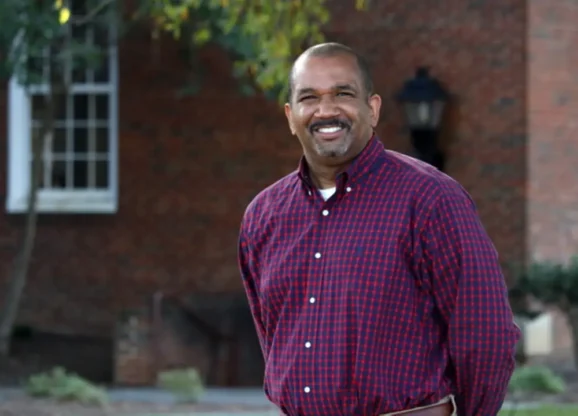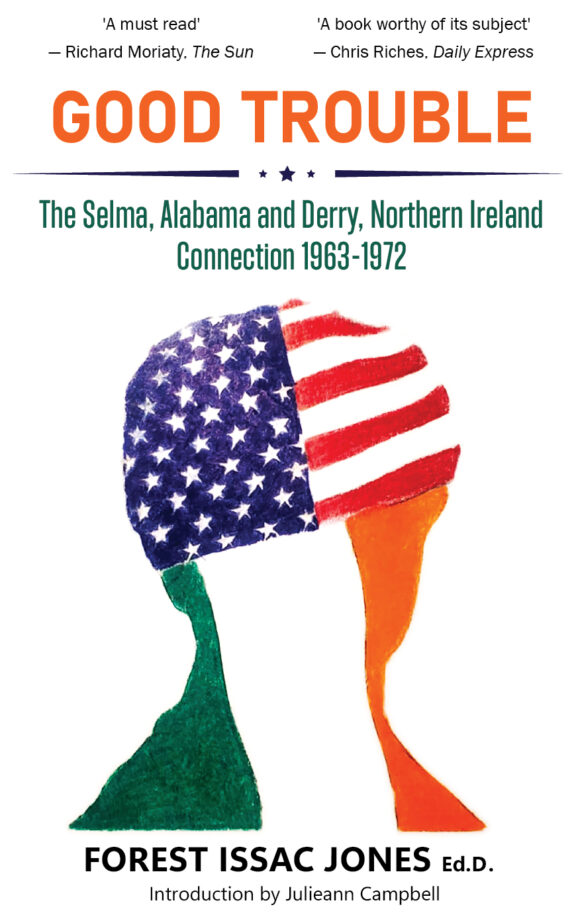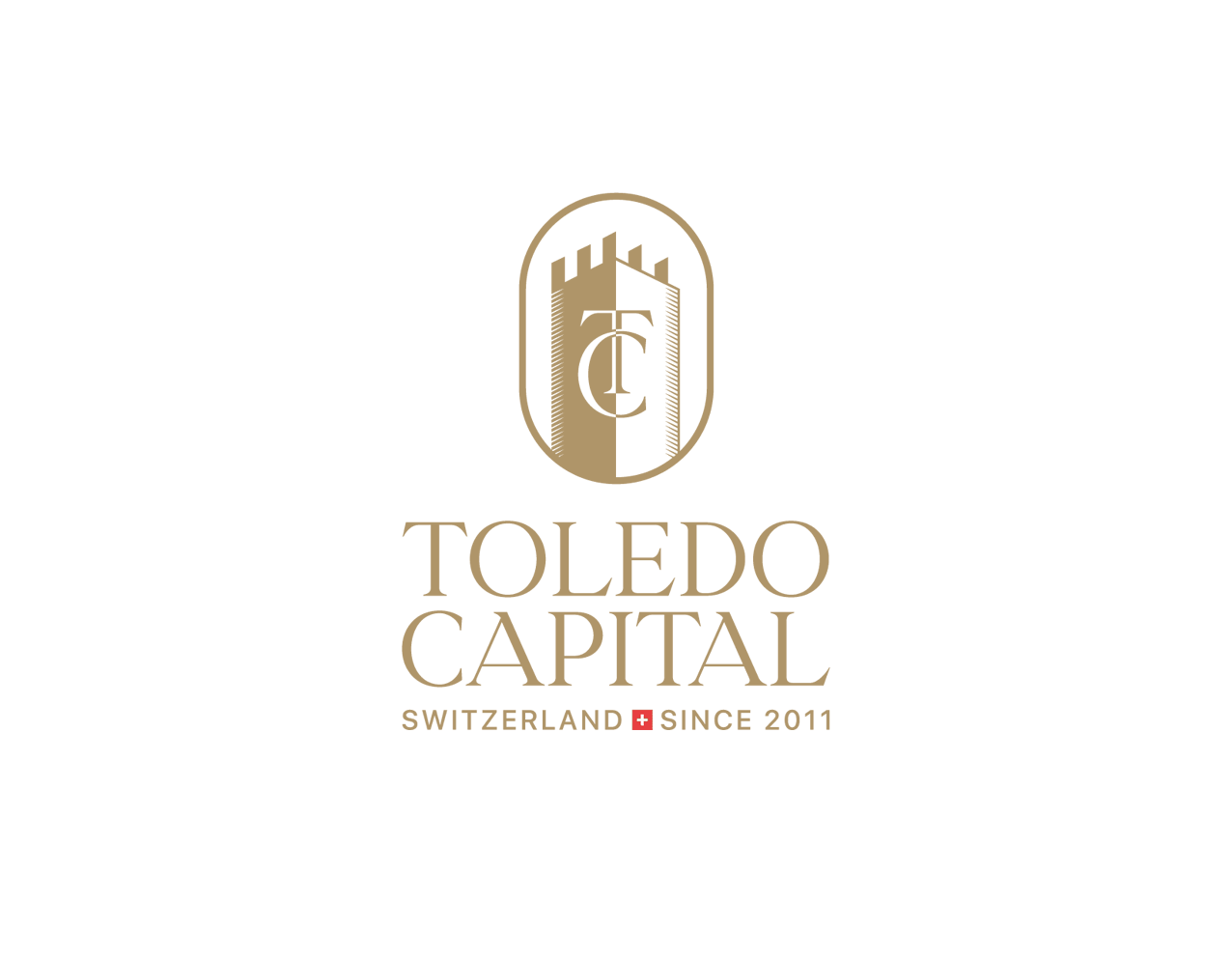Reflections on Northern Ireland’s evolving future

John E. Kaye
- Published
- Authors

For decades, Belfast was synonymous with violence and bloody civil strife. Today, the Northern Ireland capital has reinvented itself as a tourism hotspot and has risen to become one of Europe’s top travel destinations. In this exclusive article, historian and author Forest Issac Jones reflects on the city’s incredible transformation and on the challenges it must still overcome
I still remember stepping into the cool, crisp July air of Belfast for the first time after disembarking the train from Dublin in 2001. I was nervous. My knowledge of the Troubles came only from afar, piqued in part by a 1997 film, This Is the Sea, starring Richard Harris and Gabriel Byrne.
Belfast felt fresh and unfamiliar. We stayed near the iconic Crown Bar, and were warned of possible riots later that evening. The city lacked visible diversity; people of colour were a rare sight. Yet, what stood out most was the warmth of those we met. Despite only spending two days there, the city left an indelible impression on me.
Almost 15 years later, I returned to find a city transformed. Belfast had evolved into a tourist hotspot with Michelin-starred restaurants, luxury hotels, and sightings of celebrities like Kit Harington, in town filming Game of Thrones. Derry had undergone a similar renaissance, boasting venues like the Millennium Forum theatre, where artists such as Van Morrison performed, and a stunning redevelopment of an old Army barracks into a hotel, brewery, offices, and a restaurant. Tourists now wandered freely through historic areas like the Bogside and along Derry’s city walls—once dangerous flashpoints during the Troubles.
Northern Ireland’s future remains complex, with immigration becoming a growing point of contention. Many observers highlight concerns over housing availability and the strain on resources as key issues. This tension flared tragically on 3 August 2024, when race-related riots erupted in Belfast following misinformation about a stabbing in England. Social media fuelled the unrest, leading to violence, arson, and clashes between far-right marchers, anti-racism protesters, and police. Among the victims were businesses owned by long-standing residents of colour. Yet, in response, thousands of Belfast locals marched in solidarity against hatred.
Thankfully, the era of the Troubles—marked by bombings and military checkpoints—is over. But remnants linger: segregated neighbourhoods, peace walls dividing communities, and gates that close at night in some parts of Belfast. The Catholic/Nationalist Falls Road and Protestant/Loyalist Shankill Road still stand as symbols of division. Many people bear personal scars, with loved ones lost during the conflict. Yet, there is hope for reconciliation and progress.
The future of Northern Ireland is a complicated question, one that I cannot fully answer as an outsider. However, through conversations with local friends and multiple visits to Belfast and Derry, I’ve observed key issues that must be addressed for lasting peace and prosperity.

1. A United Ireland?
The possibility of a united Ireland is a frequent topic of discussion. Many people on both sides of the border view it as inevitable, with some predicting it could happen after 2030. However, opinions are divided. A friend in the North told me, “There will be a powerful co-existence between Protestants and Catholics, but still separate. There won’t be a united Ireland.”
2. Investing Beyond Belfast
Belfast has received significant economic investment, but other cities, particularly Derry, lag behind. Friends in Derry frequently point out the disparity in funding and opportunities. Closing this gap would not only create jobs but also encourage local talent to remain in their communities.
3. Addressing the Housing Crisis
Affordable housing is a pressing issue across Northern Ireland. Homelessness has reportedly reached “crisis levels”, with some outside Belfast reportedly living in glamping pods due to a lack of options. This housing shortage recalls the conditions that fuelled civil rights marches in 1968. Urgent government intervention is needed.
4. Integrating Education
According to recent figures, only about 8% of Northern Ireland’s schools are reportedly integrated, bringing together Catholic and Protestant students. Expanding integrated education is vital to fostering understanding and breaking down prejudice. As children learn and play together, they see beyond differences in religion, race, or background.
The lessons of desegregation in the Southern United States in the 1960s illustrate the power of shared experiences, such as sport, in uniting communities. Mixed schools in Northern Ireland could inspire students to build a future of collaboration and mutual respect while ensuring they never forget the lessons of the Troubles.
The history of the Troubles is still fresh in memory, a painful chapter for many. But through education, investment, and dialogue, Northern Ireland can move forward. The hope is not just for reconciliation but for a future where division is replaced by unity and opportunity.

Forest Issac Jones is an award-winning U.S author of non-fiction and essays, specialising in the study of Irish history, the US Civil Rights Movement and Northern Ireland. His latest essay, ‘The Civil Rights Connection Between The USA and Northern Ireland’ was awarded honorable mention in the category of nonfiction essay by Writer’s Digest in their 93rd annual writing competition.
Over the years, Jones has won awards from Writer’s Digest in 2022 and 2023. His award-winning essay about African Americans at D-Day was published in 2024 by WWII History Magazine. In addition to writing, Jones is a frequent speaker who has given talks about everything from African Americans at D-Day and The Troubles in Northern Ireland.
Jones holds a doctorate degree from Virginia Tech in education and a master’s degree from Hollins University in history (focusing on Northern Ireland history and South Africa history). He currently lives in Salem, Virginia.
His latest book, Good Trouble: The Selma, Alabama and Derry, Northern Ireland Connection 1963-1972 , is out now.
RECENT ARTICLES
-
 Afore SURA awarded Pension Fund Management Company of the Year 2025
Afore SURA awarded Pension Fund Management Company of the Year 2025 -
 BOV Fund Services Limited wins in The European Banking & Finance Awards 2024
BOV Fund Services Limited wins in The European Banking & Finance Awards 2024 -
 Amberdata wins two titles in The European Banking & Finance Awards 2024
Amberdata wins two titles in The European Banking & Finance Awards 2024 -
 Ajman Bank wins in The European Banking & Finance Awards 2024
Ajman Bank wins in The European Banking & Finance Awards 2024 -
 Creditú wins three titles at The European Banking & Finance Awards 2024
Creditú wins three titles at The European Banking & Finance Awards 2024 -
 Krungthai Bank PCL wins five awards in The European Banking & Finance Awards 2024
Krungthai Bank PCL wins five awards in The European Banking & Finance Awards 2024 -
 Oakridge Property Group wins at The European Global Business Awards 2024
Oakridge Property Group wins at The European Global Business Awards 2024 -
 Old Mutual Investment Group wins two titles at The European Global Banking & Finance Awards 2024
Old Mutual Investment Group wins two titles at The European Global Banking & Finance Awards 2024 -
 AXA IM Select wins at The European Global Banking & Finance Awards 2024
AXA IM Select wins at The European Global Banking & Finance Awards 2024 -
 Zenith Bank Ghana wins five titles at The European Banking & Finance Awards 2024
Zenith Bank Ghana wins five titles at The European Banking & Finance Awards 2024 -
 SeABank awarded The Risk Management Bank of the Year - Vietnam 2024
SeABank awarded The Risk Management Bank of the Year - Vietnam 2024 -
 Vista Land & Lifescapes Inc. wins three titles at The European Global Business Awards 2024
Vista Land & Lifescapes Inc. wins three titles at The European Global Business Awards 2024 -
 Boursa Kuwait wins two titles at The European Global Sustainability & ESG Awards 2024
Boursa Kuwait wins two titles at The European Global Sustainability & ESG Awards 2024 -
 Gulf African Bank wins four titles at The European Banking & Finance Awards 2024
Gulf African Bank wins four titles at The European Banking & Finance Awards 2024 -
 Gulf Insurance Group awarded two Global Banking & Finance titles for 2024
Gulf Insurance Group awarded two Global Banking & Finance titles for 2024 -
 Eccelsa Aviation awarded three Global Business 2024 titles, including Best FBO Brand – Europe
Eccelsa Aviation awarded three Global Business 2024 titles, including Best FBO Brand – Europe -
 Afore Sura awarded Pension Fund Management Company of the Year 2024
Afore Sura awarded Pension Fund Management Company of the Year 2024 -
 Toledo Capital AG wins Best Boutique Wealth Management - Family Office 2024
Toledo Capital AG wins Best Boutique Wealth Management - Family Office 2024 -
 Banco de Chile awarded four Global Banking & Finance 2024 titles, including Bank of the Year - Chile
Banco de Chile awarded four Global Banking & Finance 2024 titles, including Bank of the Year - Chile -
 Kontora Family Office GmbH awarded Best Wealth Management Services - Germany 2024
Kontora Family Office GmbH awarded Best Wealth Management Services - Germany 2024 -
 Banque Misr awarded five Global Banking & Finance 2024 titles, including Best Banking Brand - MENA
Banque Misr awarded five Global Banking & Finance 2024 titles, including Best Banking Brand - MENA -
 Krungthai Bank PLC wins five awards in The European Banking & Finance Awards 2023
Krungthai Bank PLC wins five awards in The European Banking & Finance Awards 2023






















